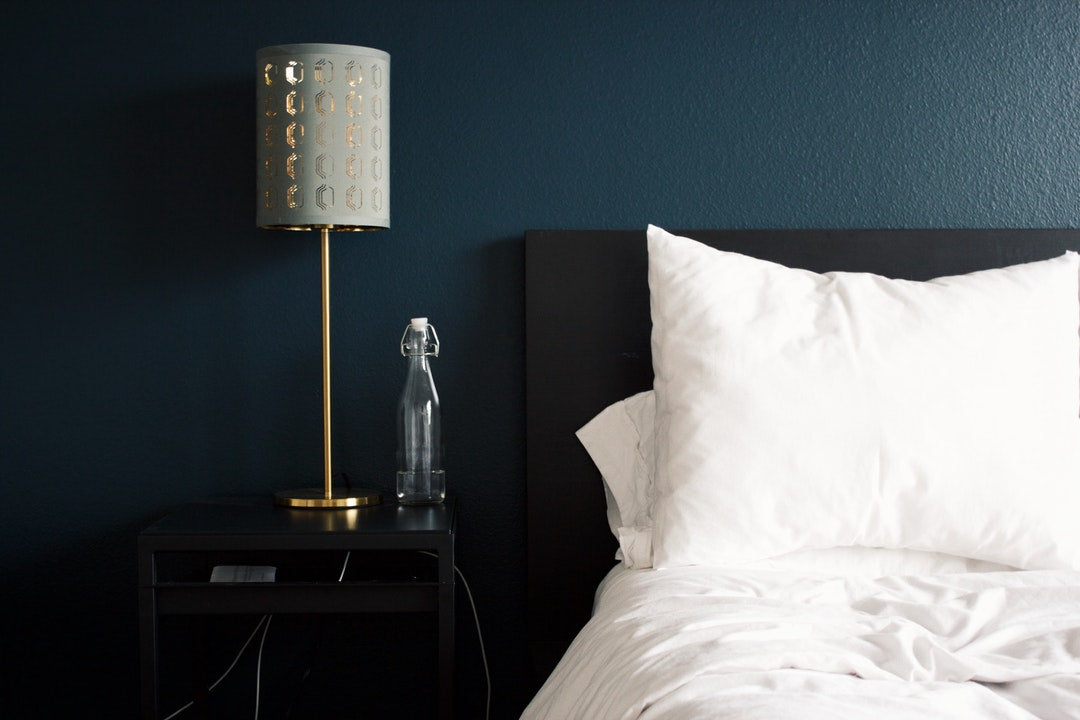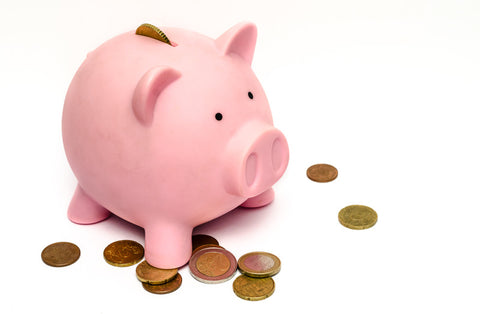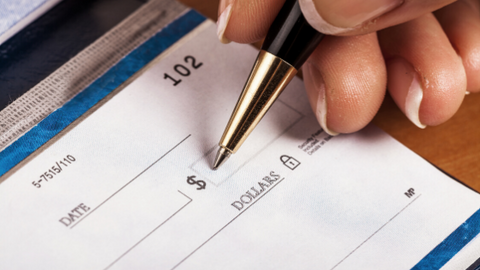
In an earlier post, I mentioned the sleep epidemic in America. The average American now sleeps one hour less each night than we did a generation ago and have higher rates of diabetes, stroke, heart attack, depression, anxiety, Alzheimers and cancer which have all been directly linked to our lack of sleep.
Aside from better health, sleep is also the form of resting that best improves our body’s “muscle memory” AND it decreases our potential for injury.
In training with our instrument, we often use the term “muscle memory” to describe the body's seemingly involuntary ability to recall passages of music as if they were ingrained into our fingers outside of our brain. This “muscle memory” is, however, still just brain memory. Training the muscles in strength and agility will help to perform the musical passage more effectively but the patterning still exists in the synaptic connections in the brain.
While training the muscles in strength and agility is important, it turns out the most effective way for the brain to improve upon the patterns and strengthen memory is brought about by a full eight-hour night of sleep.
An experiment performed at Harvard Medical School gave a group of right-handed people a sequence of numbers to type, left-handed, on a keyboard. Participants practiced repeatedly for twelve minutes and then were tested for improvement - all of them had improved.
Twelve hours later, the group was tested again. Half of them had learned the sequence in the morning and were tested after remaining awake all day. Half of them had learned the sequence in the evening and received a full eight hours of sleep that evening.
The morning group showed no evidence of significant improvement but the evening group who were given the eight hours of sleep, showed a 20% improvement in speed and almost 35% better accuracy. When the morning group had slept their eight hours and was tested again in the morning, an additional 12 hours later and 24 hours after their initial learning/practice time, they also showed the same improvement results.
The amazing finding is that our brains continue to improve muscle skills even when we haven’t had any further practice!
The last and most significant result of this study into “muscle memory” and motor skills found that the increases in speed and accuracy “were directly related to the amount of stage 2 NREM” sleep a person receives.
Stage 2 NREM (non rapid eye movement) sleep happens in hours seven and eight, the last two hours of our eight hour sleep cycle. When we allow ourselves only a six or seven hour night of sleep, we sacrifice this most beneficial time.
In fact, if you looked at the sleeping brain during these final two hours, you would find that the increase in the memory spindles during hours seven and eight, responsible for “muscle memory”, were occurring in the region of the brain that sits above the motor cortex. “The greater the local increase in sleep spindles over the part of the brain we had forced to learn the motor skill exhaustively, the better the performance upon awakening.” ("Why We Sleep", Dr. Matthew Walker, pg. 127)
Because sleep has been so directly correlated with improved motor skills, in 2015, the International Olympic Committee published statements noting the critical importance, and essential need for, sleep in athletic development across all sports for men and women.
A chronic lack of sleep increases injury risk dramatically and, according to a 2014 study, athletes who received only six hours of sleep have a 75% chance of injury compared to the 18% chance of athletes who received nine full hours of sleep.
In fact, the necessity of sleep in recovery and for better career performance has become so important, that travel sets of bed sheets and even mattresses have become popular amongst elite athletes and performers.
For professional musicians, our livelihood and our artistry depends on our bodies ability to function and to function accurately. We need to be aware of our schedule and our need for sleep in the midst of our late-night career.
If top athletes can travel, train and sleep, then so can (and should) top musicians! So learn how to train like an athlete to play like a musician.
Less pain and more music!
Karen
PS Go get Dr. Matthew Walker's book, "Why We Sleep" now! Put it on hold at the library, grab the audio book from audible, order from Amazon, find it in a books store. Whatever you need to do to read it!







